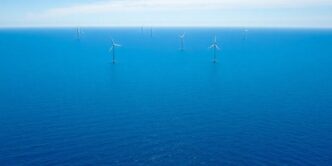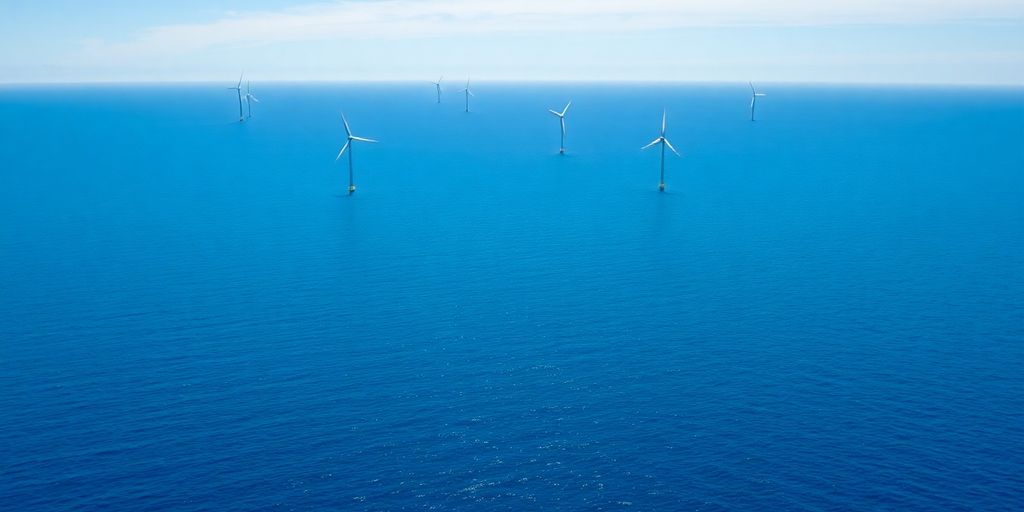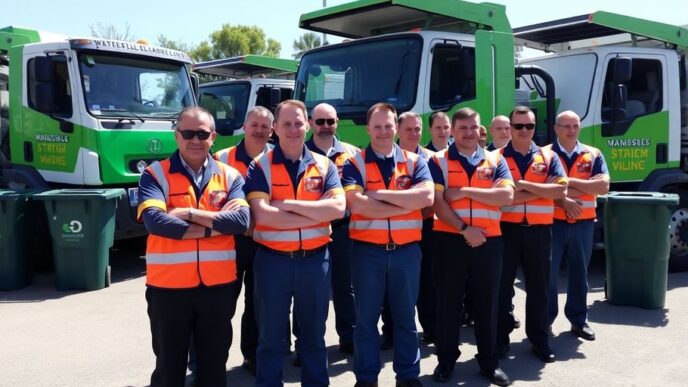Portugal has announced a significant reduction in its floating wind tender plans, cutting the area available for offshore wind development by 15%. This decision comes after consultations with the fishing industry, highlighting the ongoing tension between renewable energy initiatives and traditional fishing practices.
Background on Floating Wind Energy
Floating wind energy technology allows wind turbines to be placed in deeper waters where traditional fixed-bottom turbines cannot be installed. This innovation is crucial for countries like Portugal, which have significant offshore wind potential but face geographical limitations.
The Role of the Fishing Industry
The fishing industry in Portugal has expressed concerns about the impact of offshore wind farms on marine ecosystems and fishing grounds. The recent consultations aimed to address these concerns, leading to the decision to reduce the area designated for wind energy development.
Implications of the Decision
- Environmental Considerations: The reduction in area may help protect vital fishing habitats and ensure the sustainability of local fisheries.
- Renewable Energy Goals: While this decision may slow down the expansion of offshore wind energy, it reflects a commitment to balancing environmental and economic interests.
- Future Developments: Stakeholders will need to continue engaging in dialogue to find solutions that support both the fishing industry and renewable energy initiatives.
Conclusion
Portugal’s decision to cut back on its floating wind tender plans underscores the complexities of transitioning to renewable energy. As the country seeks to harness its offshore wind potential, it must navigate the interests of various stakeholders, particularly the fishing industry, to achieve a sustainable and balanced approach to energy development.













